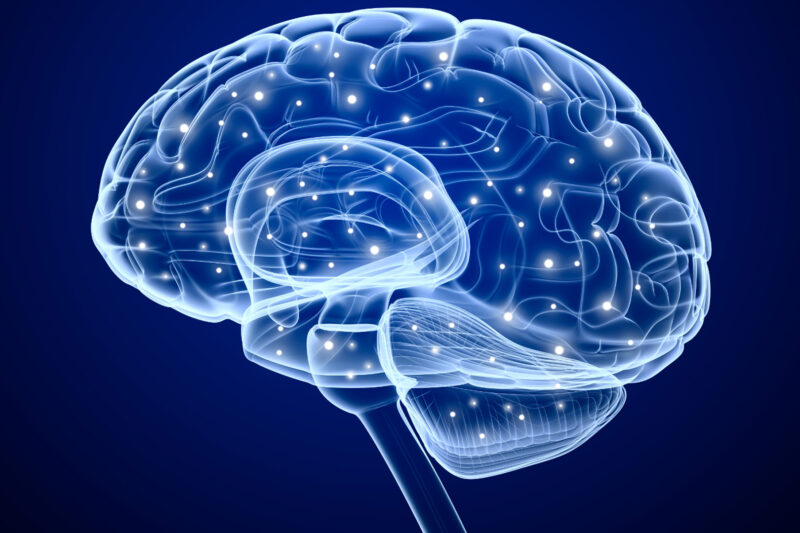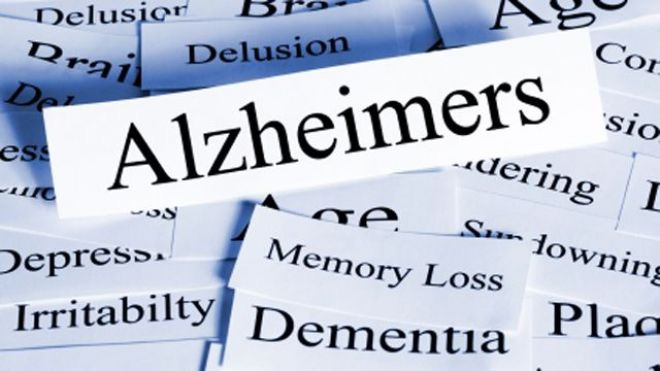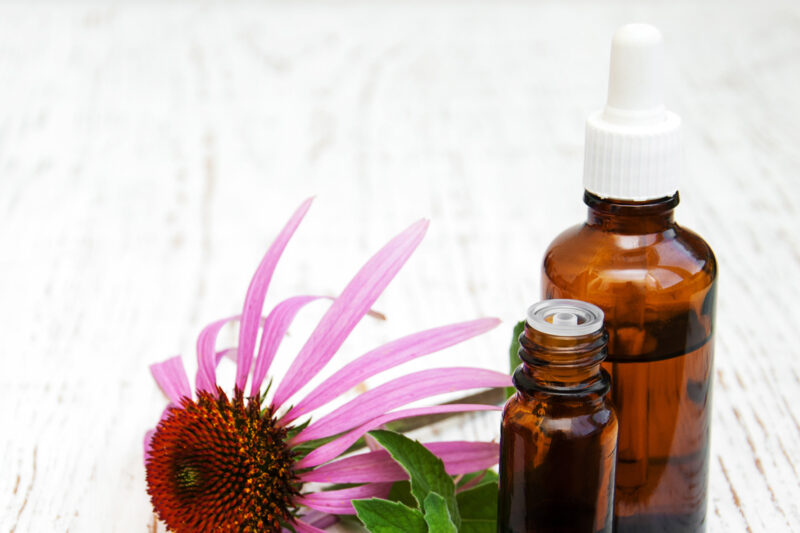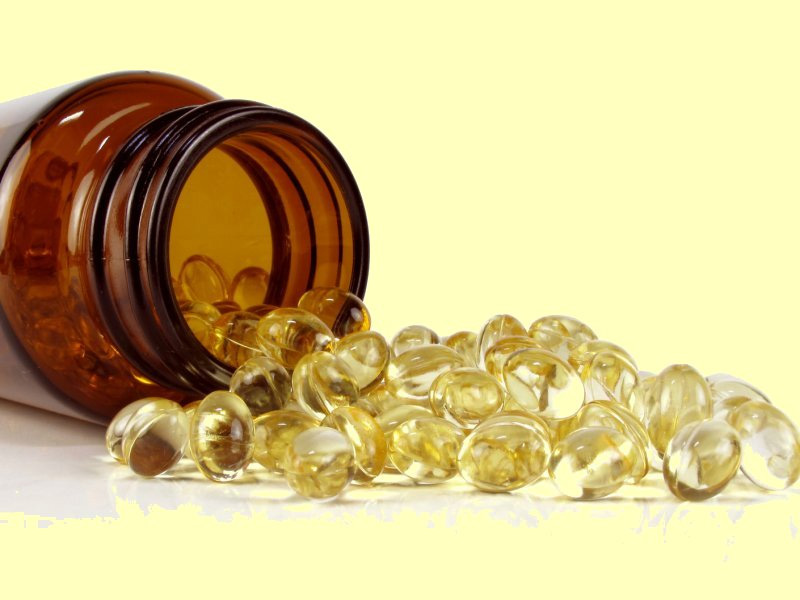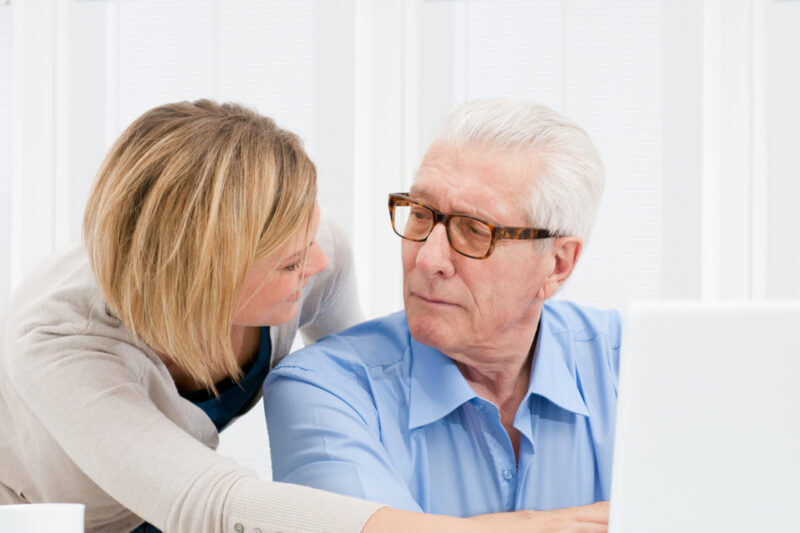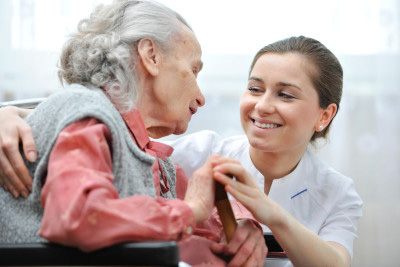Advanced age is frequently accompanied by impairment of the memory. This happens because of a general decline in brain activity related to the age, reduction of the excitability of nerve cells, connections’ disturbances between neurons. Unfortunately, the aging process cannot be stopped and is irreversible, but to keep the clarity of mind to the very […]

